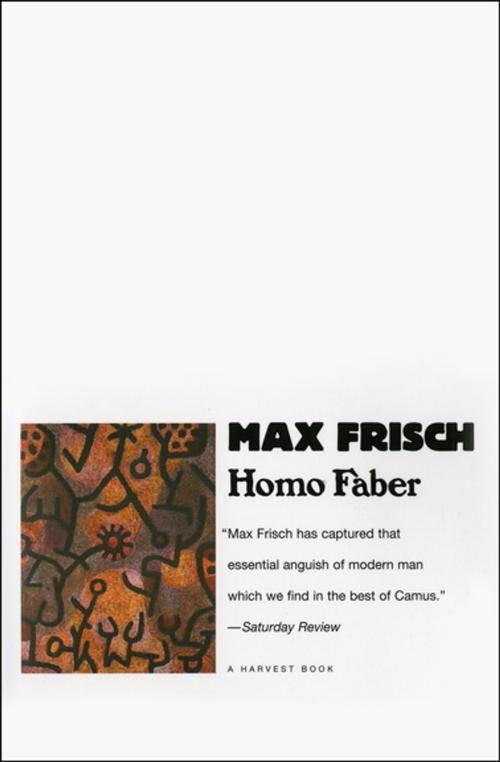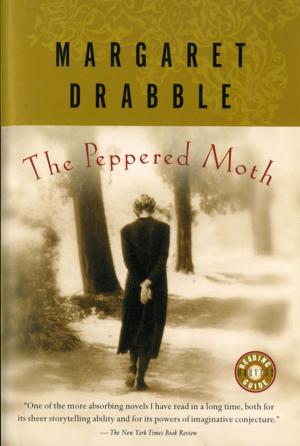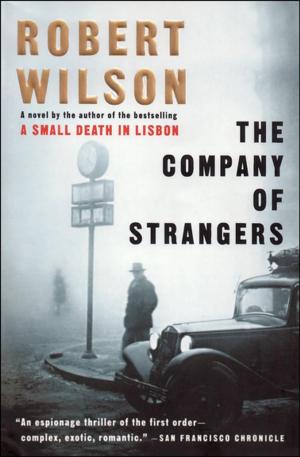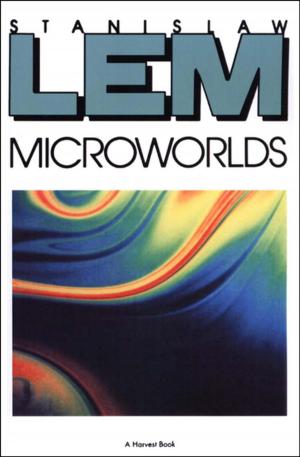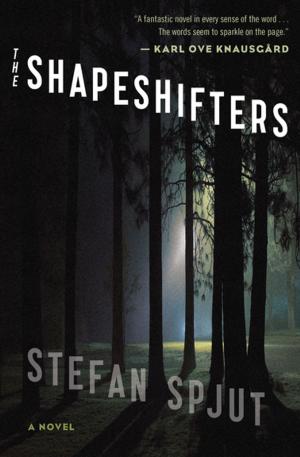| Author: | Max Frisch | ISBN: | 9780547540375 |
| Publisher: | Houghton Mifflin Harcourt | Publication: | May 1, 1994 |
| Imprint: | Mariner Books | Language: | English |
| Author: | Max Frisch |
| ISBN: | 9780547540375 |
| Publisher: | Houghton Mifflin Harcourt |
| Publication: | May 1, 1994 |
| Imprint: | Mariner Books |
| Language: | English |
A man who strives for pure rationality and control finds himself at the mercy of fate, in a “novel that speaks tellingly of loneliness, love, and despair” (Booklist).
Walter Faber, engineer, is a man for whom only the tangible, calculable, verifiable exists. He is devoted to the service of a purely technological world. His associates have nicknamed him Homo Faber—“Man the Maker.”
But during a flight to South America, Faber succumbs to what he calls “fatigue phenomena,” losing touch with reality—and soon he finds himself crisscrossing the globe, from New York to France to Italy to Greece. He also finds himself in the company of a woman who—for reasons he cannot explain or understand—strongly attracts him.
The basis for the film Voyager starring Sam Shepard, this novel “capture[s] that essential anguish of modern man which we find in the best of Camus” (Saturday Review).
Translated by Michael Bullock
A man who strives for pure rationality and control finds himself at the mercy of fate, in a “novel that speaks tellingly of loneliness, love, and despair” (Booklist).
Walter Faber, engineer, is a man for whom only the tangible, calculable, verifiable exists. He is devoted to the service of a purely technological world. His associates have nicknamed him Homo Faber—“Man the Maker.”
But during a flight to South America, Faber succumbs to what he calls “fatigue phenomena,” losing touch with reality—and soon he finds himself crisscrossing the globe, from New York to France to Italy to Greece. He also finds himself in the company of a woman who—for reasons he cannot explain or understand—strongly attracts him.
The basis for the film Voyager starring Sam Shepard, this novel “capture[s] that essential anguish of modern man which we find in the best of Camus” (Saturday Review).
Translated by Michael Bullock
